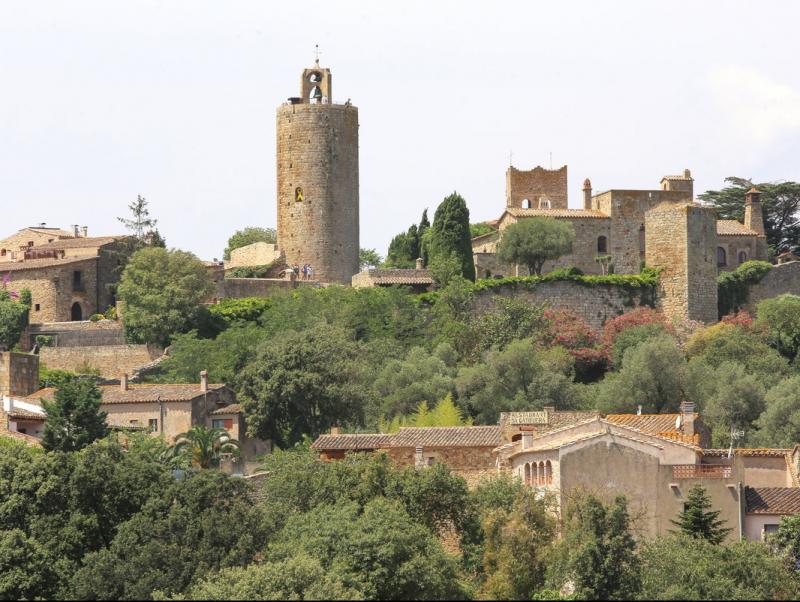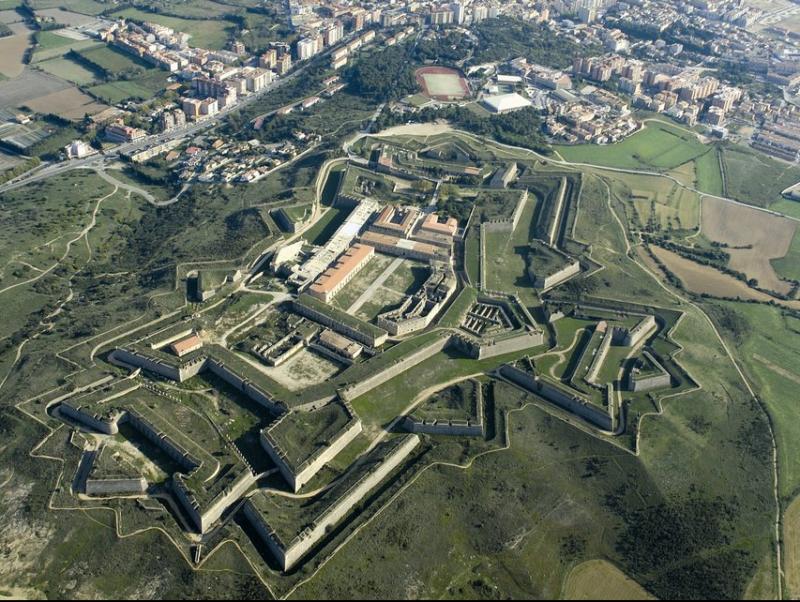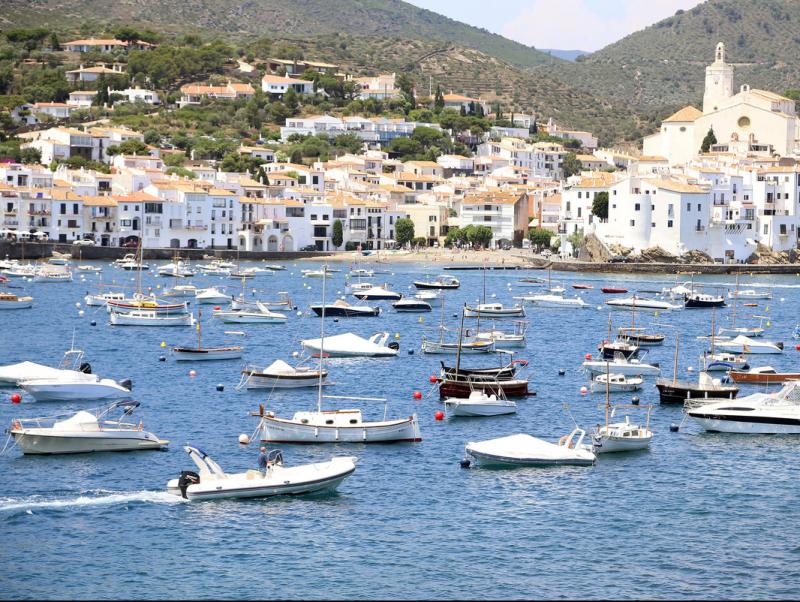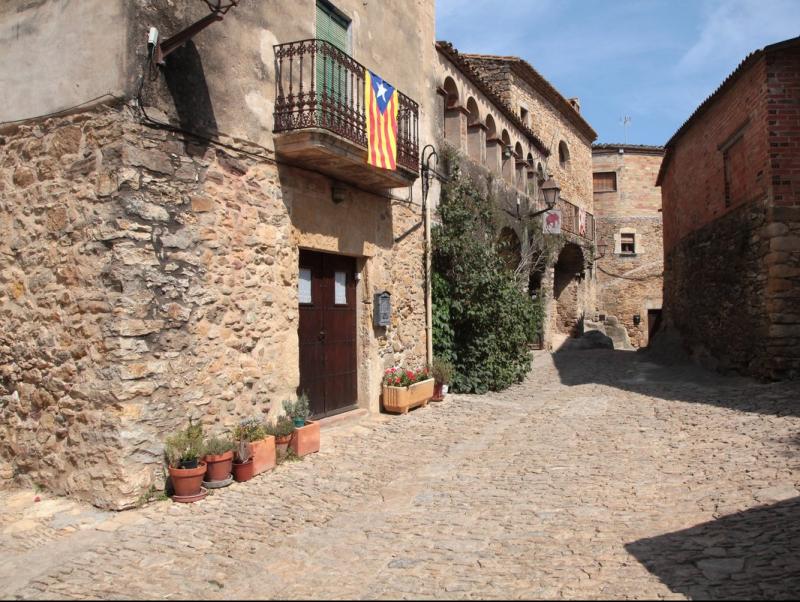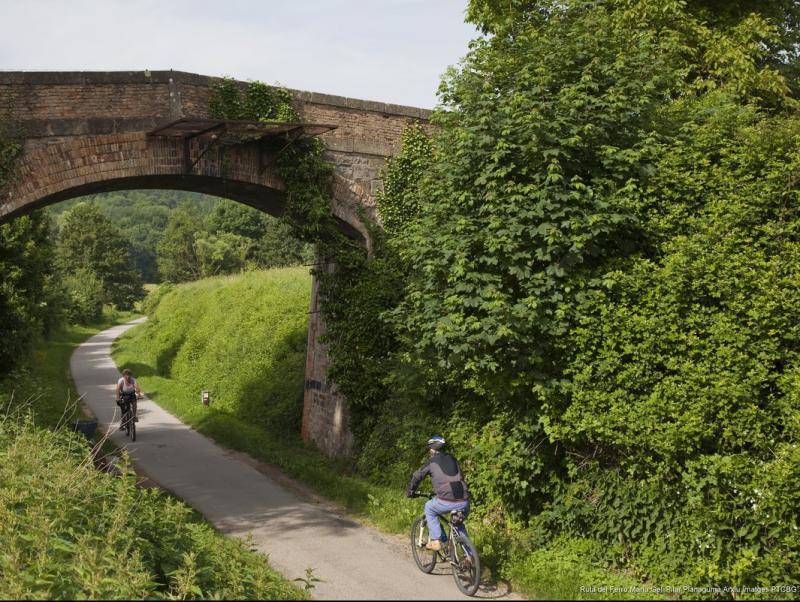Octavi Bono
Catalan Director General of Tourism
Many people will prefer natural spaces
The effects of Covid-19 on tourism, which represents 12% of Catalonia’s GDP and 14% of employment, have been devastating. According to a report by the University of Barcelona, direct losses in turnover amount to around 15 billion euros (between 25,708 and 28,250 overall) and direct job losses are between 82,000 and 95,000 (between 128,952 and 150,000 overall). But the sector – mostly made up of SMEs – has the capacity and resources to recover: sea, mountains, cities, gastronomy and culture.
The figures we are talking about are huge.
It’s crazy, whether we’re talking about the 15 billion euros in direct losses or 28 billion overall. And it’s the same if we talk about job losses. We’re now seeing that overnight stays may fall by between 57% and 69% in 2020, and the number of visitors by between 41% and 53%.
Let’s talk about recovery. Will there be two speeds in Catalonia? On the one hand the areas with mountains or sea and natural landscape and Barcelona on the other?
I think there are more nuances than that... We sense, as you say, that the Pyrenees or coastal landscapes will recover much better than urban spaces, which will be seen as more crowded environments, and therefore less desired destinations. Destinations that may be perceived as crowded spaces will recover more slowly.
Will people prefer open spaces?
Natural spaces free from large crowds will obviously attract the majority, and fortunately we have many in Catalonia: half the country is natural landscape. There are also some types of establishments that tourists will prefer: campsites or rural houses, for example, and fortunately we have many of those too. In these new times, people will want to go to places where they don’t have to come in contact with masses of people, where there is space.
out & about inTerview


